Bilingualism is at the Heart of Saulės Gojus
Saulės Gojus is a bilingual establishment: English has reigned supreme alongside Lithuanian since the first days of the bilingual kindergarten in 2004. Throughout the years, the bilingual approach has remained one of the cornerstones of our educational philosophy.
English language learning at Saulės Gojus is based on the findings of neuroscientists: the Immersion method, which is systematically applied here from an early age, reproduces the natural acquisition of the mother tongue in a bilingual family. In line with the principle of “one person, one language”, children are introduced to English already in kindergarten, through daily interactions with their teachers, through games, songs, stories and various hands-on activities. This approach helps children to acquire the language naturally and consistently, encouraging its use in everyday situations and ensuring the long-term development of their language skills.
In primary school, English not only becomes an object of learning, but also a natural means of communication in everyday situations such as games, breaks and extra-curricular activities. In addition, English is actively used in various educational and community events, such as Morning Circles, Knowledge Circles, Learning Labs, Firms and celebrations. Even if an English teacher meets a student in the city, they will only speak in English!
In secondary school, English takes on an even more important role: it becomes a daily learning tool and a working language on a par with Lithuanian. Students have five English lessons a week, and some other academic activities are conducted in English, using CLIL principles. A deep knowledge of a second language broadens cognitive opportunities, allowing students to use a wider range of sources and learning materials, and thus to achieve better learning outcomes in other areas than languages. And the debates that Saulės Gojus Secondary School students have been holding in English at school and even abroad for several years now, show that English is not a barrier, but rather an excellent tool for developing critical thinking, argumentation and public speaking skills, as well as for fostering self-confidence and a respectful understanding of differing opinions.

A Second Foreign Language for Future World Citizens
From grade 5 onwards, students can choose a second foreign language, starting with additional French, Spanish or German. To make learning a foreign language fun and meaningful, innovative methods and engaging activities such as role-playing games, dialogues on topics of interest, virtual journeys, etc. are used in the classroom. The learning process focuses on practical language skills, involving students in interactive activities and projects and encouraging them to communicate in the language so that they can apply what they have learned in real-life situations. They also take part in events that allow them to learn more about their chosen language and the traditions of its country. Choosing a second foreign language gives students the opportunity to be exposed to new cultures, broaden their cultural horizons and deepen their language skills, which can be useful in both academic and professional life.
 School Saulės Gojus
School Saulės Gojus